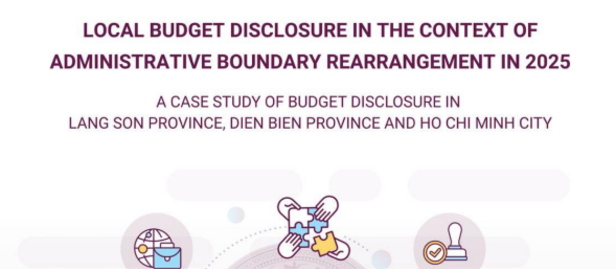Finance and Governance for a Viet Nam’s Just Energy Transition
Finance and Governance for a Viet Nam’s Just Energy Transition
September 16, 2022
Realizing a just transition from fossil fuels to renewable energy is the defining development challenge of our generation. With sensible forward-looking policies that favor inclusive and sustainable development, commitment and close collaboration among development partners, Viet Nam will reduce dependence on imported fossil fuels, achieve energy independence, clean air and contribute to the global effort to limit the impact of climate change.
Access to finance is often presented as the main obstacle to achieving a just transition. We often imagine that capital is a lump of savings that must be distributed among competing investment priorities. But this is incorrect. It is more correct to say that it is investment that drives savings, rather than the other way around. And investment in turn is driven by the risk-adjusted profitability of investment. If investment in renewable energy is profitable, the financing will be found.
Yet profitable investment in renewable energy requires good governance, and for this reason, financing the just energy transition is largely a governance issue. Clear, enforceable rules, transparency and open access reward efficient producers and drive down prices for consumers. We have seen that countries have deployed national development banks to increase the risk-adjusted profitability of energy and other green investments, a strategy that could be adopted in Viet Nam to accelerate the energy transition. Development partners can contribute to the process by sharing lessons on the use public institutions to stimulate green finance in their home markets, and assisting Viet Nam in the creation of new Energy Bank to finance the Just Energy Transition.

 Locations
Locations





